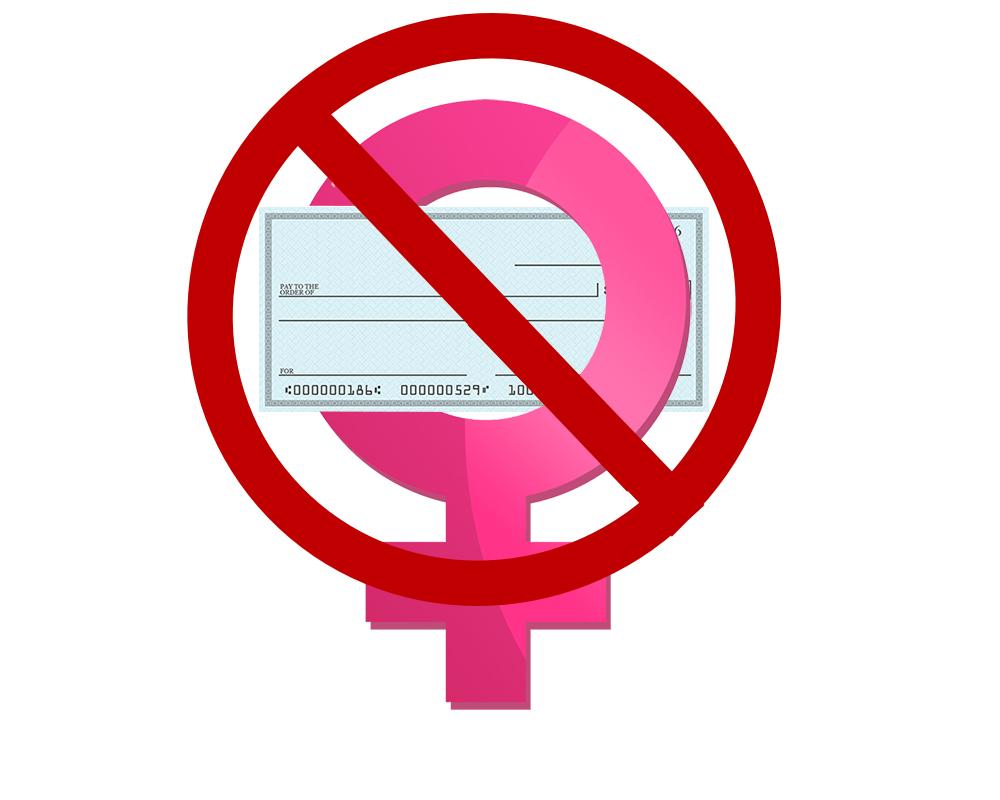Republican senators unanimously blocked the Paycheck Fairness Act on Sept. 19. The Paycheck Fairness Act would have added protections to the Equal Pay Act of 1963, in an attempt to further close the gap between female and male income. It would ban salary secrecy, impose harsher penalties for pay discrimination and require employers to show that wage differences between men and women are based on factors other than gender. The bill needed 60 votes to outweigh the Republican filibuster but only received 52.
This act would have empowered women to take action against unequal salaries. Much of this act is based on a Census Bureau report published in 2008 that indicates that on average, full time working women make 77 cents for every dollar a man makes. Furthermore, African American women and Latinas are paid just 64 and 56 cents, respectively, for every dollar paid to white men.
While the causes of this salary gap are nuanced and there is always a margin of error, the overarching truth is that women in society get the lower hand, and our laws are not protecting against that. By banning salary secrecy, the Paycheck Fairness Act would have forced employers to be transparent about how they pay every worker. It would make it exponentially easier to recognize discrepancies and take the corresponding steps to fix them. By posing harsher penalties, employers would be more reluctant to discriminate based on gender.
It is patronizing that Republicans take this stance in the fight toward gender equality and blame society’s flaws on women’s choices. Republicans who are against this act claim that women are already protected. The gap in this report, they believe, is due to the result of individual job choices made by men and women, not discrimination due to the employer.
They neglect that our society encourages men to seek higher-paying jobs like engineering or medicine, but women are encouraged to take the “softer” and often less lucrative career paths. This societal discrimination contributes to the salary gap.
Even disregarding the stark difference in the Census Bureau report, the United States is still one of the few countries in the world without paid maternity leave and the only high income country not to do so. California, Rhode Island and New Jersey are the only states that have a system of paid leave in place.
Without paid maternity leave, women are forced to give up multiple paychecks and are cornered into deciding between their jobs and families. Such laws force women into positions that do not promote higher salaries. While the Equal Pay Act of 1963 legally forbids discrimination based on gender, women in 2014 are still face an unequal reality. An issue like this cannot be solved entirely by a single act but by a cultural shift, a shift that recognizes the potential of both women and men and gives equal opportunity to all genders to make a difference. However, having adequate legislation that legally promotes equality is the first step in creating an equal and balanced environment.




